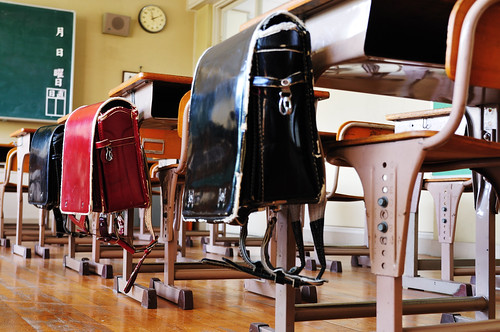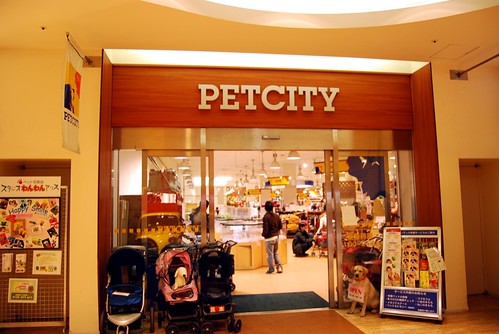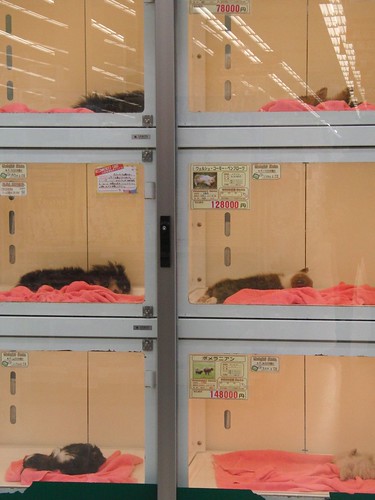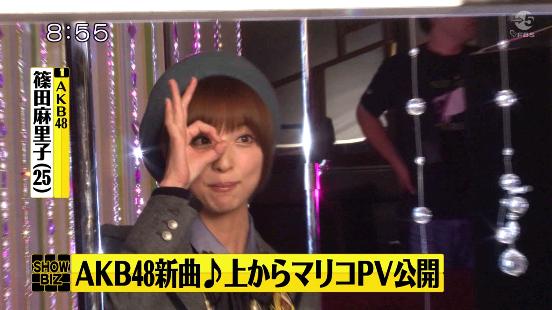The two examples that I am choosing are the Kamen Rider "cider" cans and the AKB48 single 「上からマリコ」
In Japan, "cider" refers to a soft drink similar to Sprite (according to Wikipedia). Drinks like cider and ramune seem to have been introduced to Japan in the late 1800s
1. This makes the use of katakana seem appropriate, as the style of drink was foreign, as opposed to creating a new Japanese word for it. Because it is not a necessity or something that you might use frequently (ie. 冷蔵庫 for refrigerator), and because it does not have an already existing Japanese analogue product (ie. 車 for car), using an English word in katakana would communicate that the drink was new and foreign-influenced to consumers. An alternative might have been to use kanji with readings that came out to サイダー (as Coca-Cola did in China) but that seems more commonly used in Chinese, where there is no option to use a writing system that is purely syllabic.
As for マリコ, I assume that since she is a decently well-known, but not the most famous member of the singing group, AKB48, people would not recognize her as 麻里子. Also, while the song is ostensibly about Mariko, since she won the contest
2, for pop music's sake it is better that is not specifically about her and more generally about girls (or a girl) named Mariko in general. This is common in American music as well - even if a song is clearly about a person, generally they are given some kind of anonymity or generalization to make it less specific. An example is Hey There Delilah, which is written about a certain person but does not feature any personally identifying information about her (other than her location in New York City). The song does reference similar facts about Mariko (a point of the lyrics seems to be her age
3, as she is older than the other active members of AKB48), but otherwise it could be about anyone. Katakana allows 上からマリコ to be about a general, fictional girl named Mariko rather than Shinoda Mariko herself.
One of the textbooks claimed that katakana usage with loanwords makes things look foreign and thus modern or cool. Whether this is really true I'm not sure but I do think there has been some movement towards using katakana more liberally in things targeted at young people, such as in magazines like egg and Myojo. In these magazines, katakana use isn't just because of the subject area, but is a conscious editorial decision for the interviews and photo spreads. Because of this, people may assume there's a certain youthful connotation in using katakana instead of hiragana or kanji in certain situations. (Sometimes this is also just to avoid using kanji that young people don't recognize, which is apparently a trend - people don't have to know as much kanji because they are mostly writing it on computers or on phones.) This probably backfires sometimes (just as overuse of "chatspeak" by adults or marketers in English usually turns off the target audience of teenagers) but is now embedded in the culture.
I think katakana is also important for emphasis. In English, to emphasize something we may deliberately use only lowercase letters or ALL CAPS a certain section of writing. This could be a kind of equivalent. Often times I see a word in katakana and also in large print and with sparkles or some other pattern around it in a magazine or on TV, which would also help to emphasize the text.
But the textbooks all designated katakana as the writing system for loanwords, which is probably where most foreigners will encounter it the most - the first time they may use it is to write their name or home country's name. Others mentioned the use for onomatopoeia, but a Japanese learner is less likely to see this unless they are a more active media user, reading or watching Japanese programs, and they are even less likely to use it in this context. Thus I think while the textbooks may not represent the full extent of katakana usage, they are doing a decent job of explaining the most important uses for their audience.









